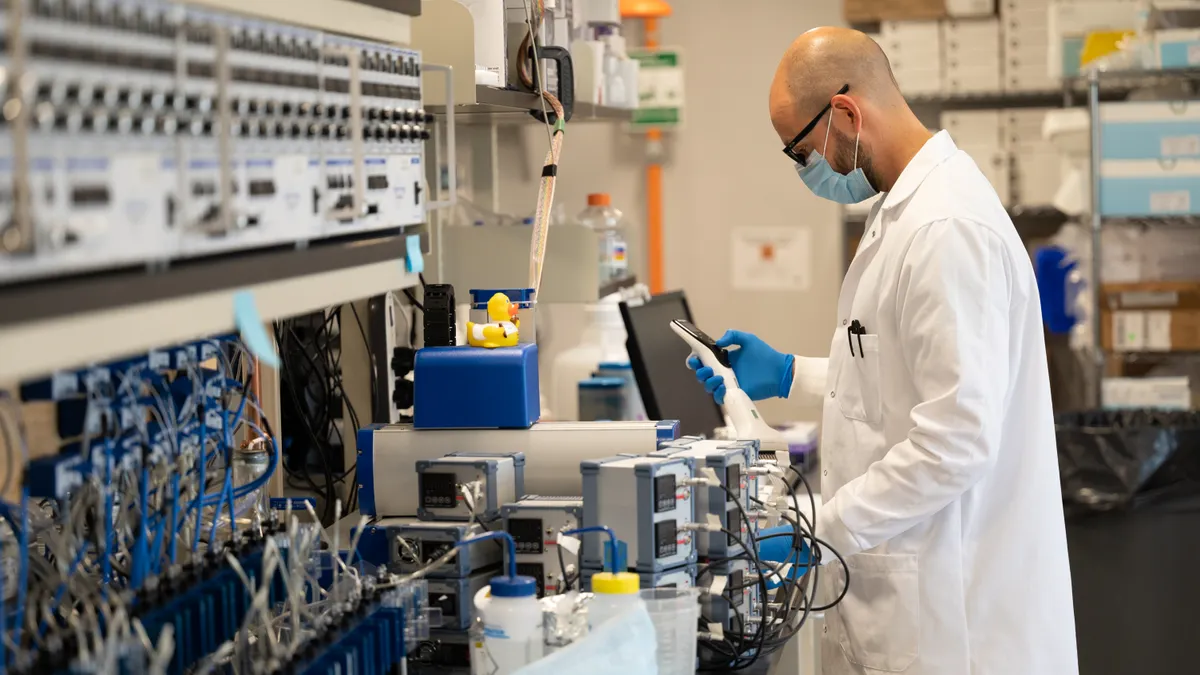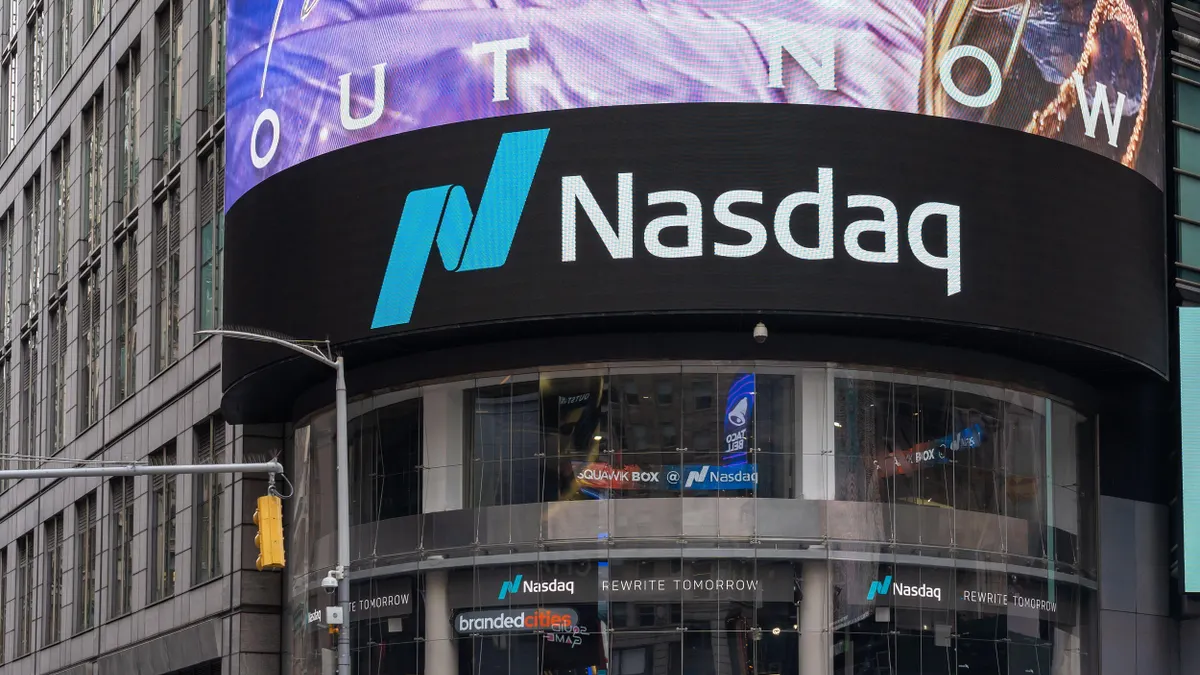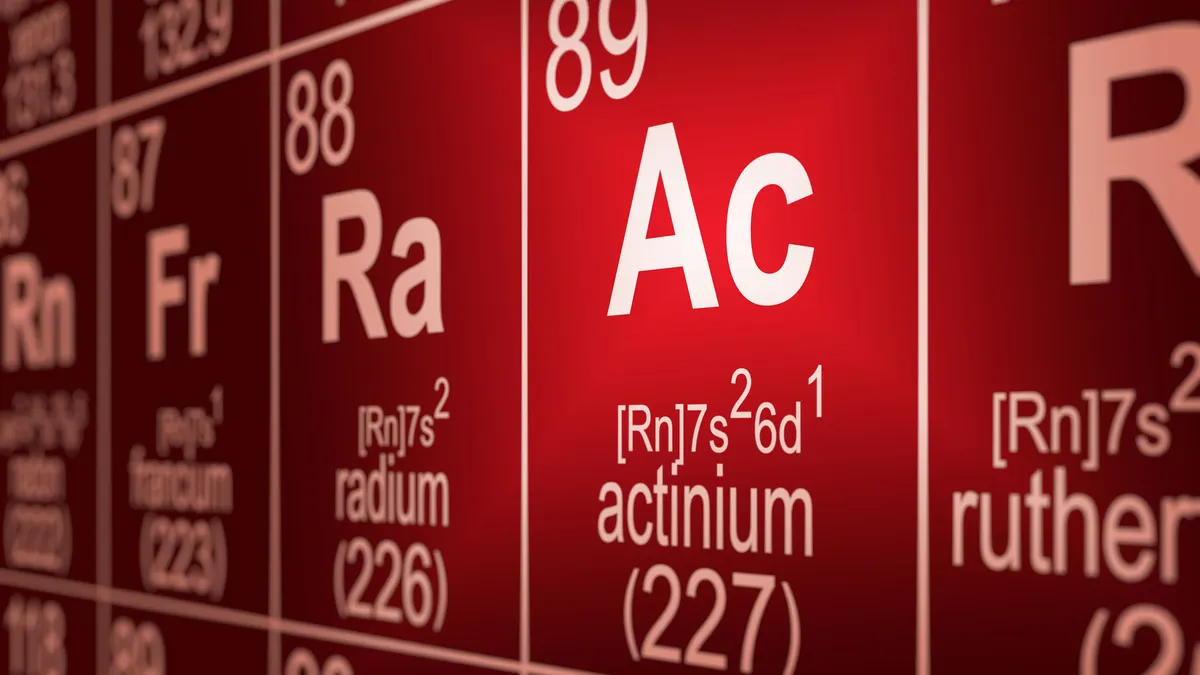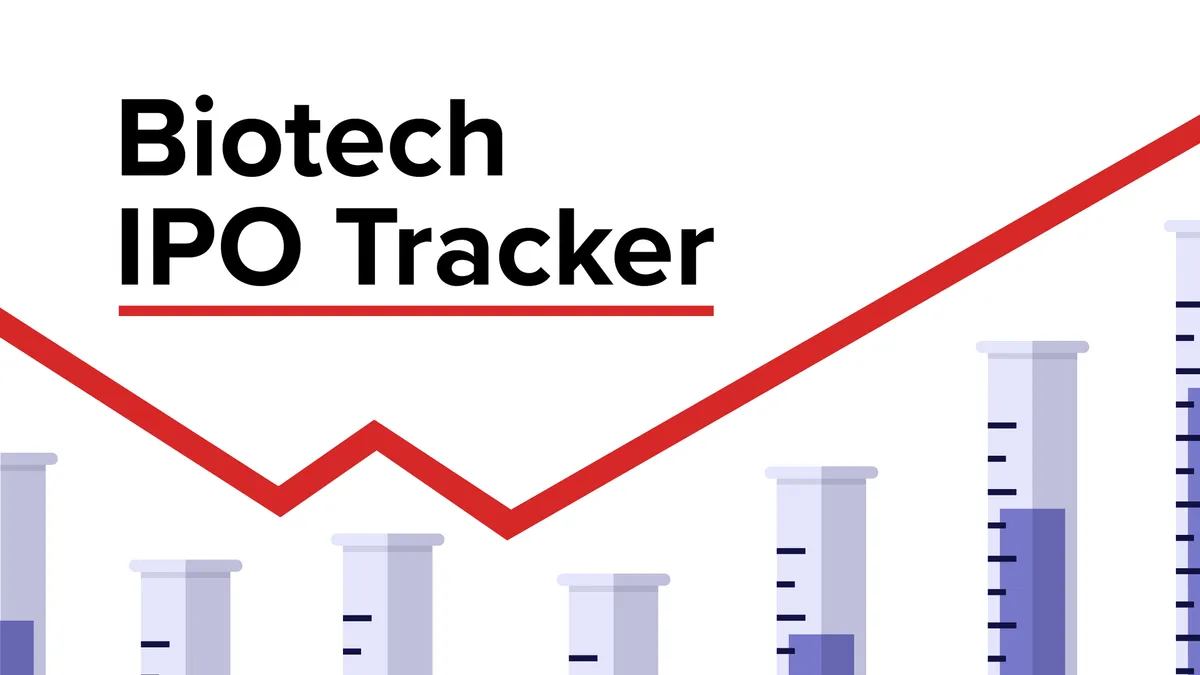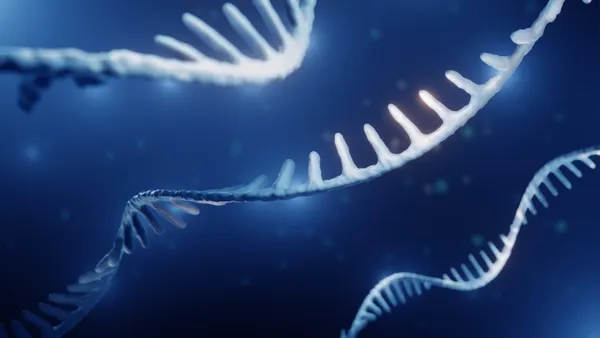Dive Brief:
- Aardvark Therapeutics on Wednesday night raised $94.2 million in an initial public offering that will support development of hunger-suppressing drugs for the rare disease Prader-Willi syndrome and obesity-related conditions.
- The biotechnology startup sold just under 5.9 million shares at $16 apiece in the offering, on the low end of projections it had outlined in a regulatory filing last week. It will start trading on the Nasdaq stock exchange Thursday under the ticker “AARD.”
- The offering is the fifth new stock issuance by a biotech this year this year, according to BioPharma Dive data. IPO activity has increased across sectors, too: January’s total of 17 U.S. IPOs outpaced the ten-year historical average, research firm Renaissance Capital wrote in a recent report.
Dive Insight:
Prader-Willi is a rare condition that causes relentless hunger, known as hyperphagia. It has long been a tough target for drugmakers. Several attempts to develop a medicine for hyperphagia either failed in testing or were rejected by regulators. As a result, the only available treatment options for the estimated 10,000 to 20,000 people in the U.S. with Prader-Willi either manage symptoms or prevent complications.
There’s a chance that could change shortly, should the Food and Drug Administration approve a hyperphagia drug from Soleno Therapeutics by the end of March.
Aardvark may be close behind with a medicine codenamed ARD-101. The company’s drug acts on certain types of so-called bitter taste receptors which, as their name suggests, convey acrid flavor from the mouth to the brain. Present in other tissues, they help regulate metabolism and inflammation, too.
Activating these receptors can trigger secretion of a gut hormone, cholecystokinin, that’s involved in hunger suppression. According to Aardvark, previous attempts to target these receptors with a drug have been hampered by safety concerns. But the company says ARD-101’s safety risks are lower because it’s directed specifically to bitter taste receptors that are found in the gut.
The company reported encouraging Phase 2 study results in 2023. It has since coordinated with the Food and Drug Administration on design of a late-stage study that, if successful, would support an approval application. Data from that study are expected early next year, according to the IPO filing.
Aardvark also plans to start a mid-stage study later this year testing ARD-101 in a type of obesity related to treatment for brain cancer.
The company has a second prospect combining ARD-101 with a DPP-4 inhibitor — a drug type that’s commonly used to treat diabetes. Aardvark claims the two mechanisms could be complementary and even boost the effects of popular “incretin” drugs like Wegovy. That hasn’t been proven in testing, though. Aardvark will evaluate the strategy’s potential in obesity and related conditions in a Phase 2 trial beginning later this year.
While there have been several notable IPOs so far this year, the pace of new biotech stock sales in 2025 is similar to each of the last three years, BioPharma Dive data show. IPO size has ticked higher, though. Initial offerings in 2025 have generated a median of $140 million in proceeds, versus about $129 million through this time last year and $88 million in 2023.









